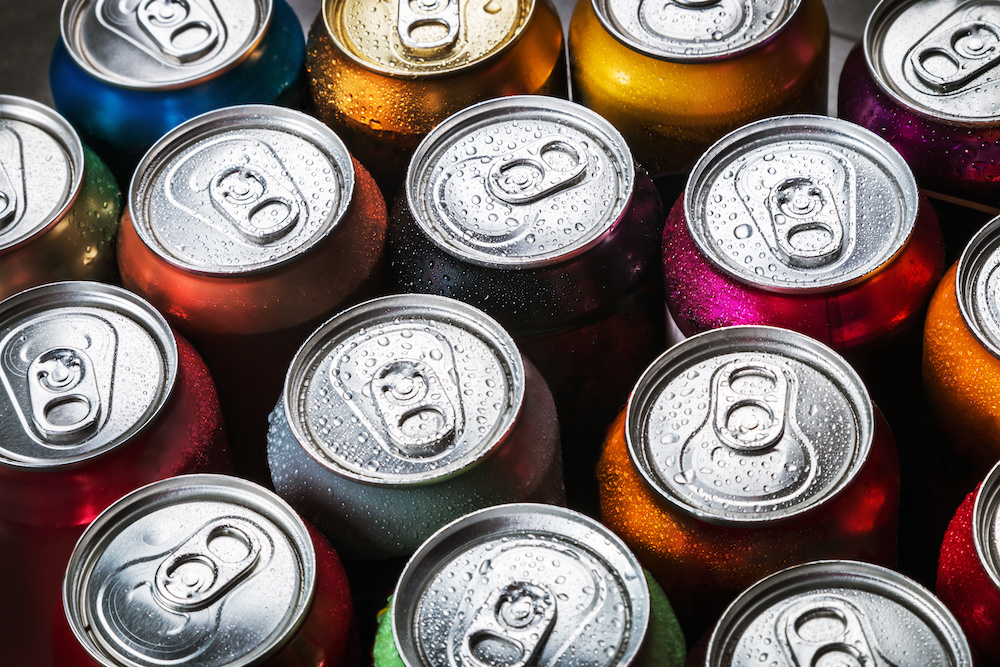
Artificial sweeteners may age brains

People who consumed the highest levels of certain artificial sweeteners saw significant cognitive decline over time when compared with those who consumed the lowest levels, according to a study published in Neurology.
“People who consumed the most low- or no-calorie sweeteners showed a 62% faster global cognitive decline than those who consumed the lowest amount — that’s the equivalent of 1.6 — years of brain aging,” said lead study author Claudia Kimie Suemoto, M.D., Ph.D., an associate professor of geriatrics and director of the Biobank for Aging Studies at the University of São Paulo’s Medical School in Brazil.
The study assessed participants’ verbal fluency, working memory, word recall and processing speed over a period of about eight years.
People in the highest tier consumed an average of 191 milligrams, or about 1 teaspoon, of artificial sweeteners each day. That is equivalent to about one can of diet soda.
Researchers specifically looked at aspartame, saccharin, acesulfame-K, erythritol, xylitol, sorbitol and tagatose. Tagatose was the only sweetener not associated with cognitive decline in the study results.
Read more: CNN
The article presented here is intended to inform you about the broader media perspective on dentistry, regardless of its alignment with the ADA's stance. It is important to note that publication of an article does not imply the ADA's endorsement, agreement, or promotion of its content.